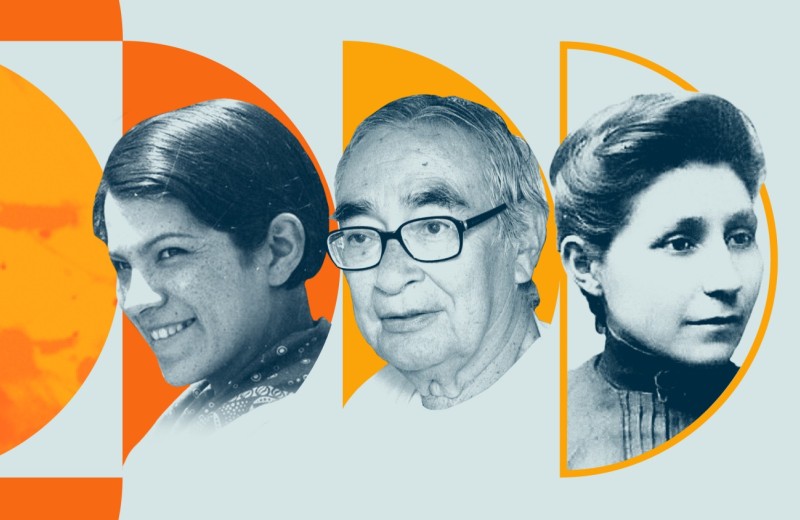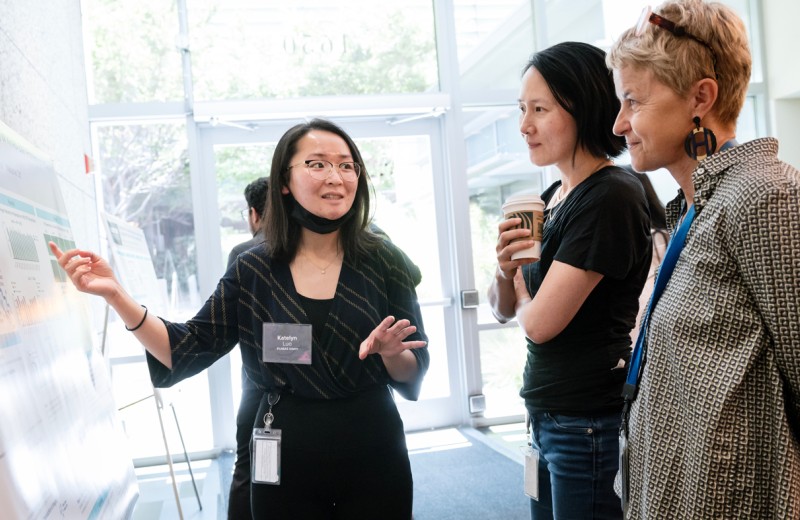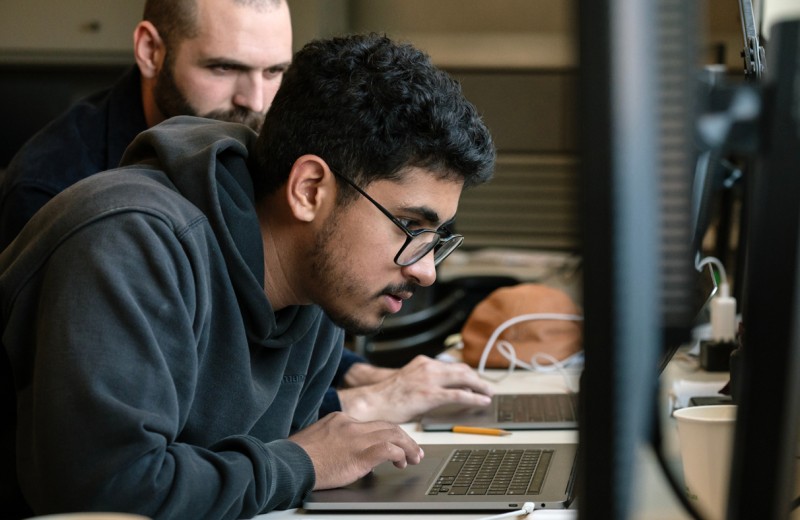Gladstone NOW: The Campaign Join Us on the Journey✕
Neurodiversity is about accepting variations in brain functions and behaviors as part of normal variations of human beings. When neurodiverse individuals uncover their strengths, they become empowered to be more innovative and productive, which results in favorable outcomes not only for them, but for the entire community.
Watch this presentation to:
- Learn about the “Strengths-Based Model of Neurodiversity” in supporting neurodiverse individuals in learning and work environments.
- Hear how using the model can help neurodiverse individuals be successful in finding employment and maximize their professional potential.
- Find out how the model is implemented in the Stanford Neurodiversity Project, both at Stanford University and at other organizations.
About the Speaker
Lawrence Fung is an associate professor in the Department of Psychiatry and Behavioral Sciences at Stanford University. He is the director of the Stanford Neurodiversity Project, director of the Neurodiversity Clinic, and principal investigator at the Fung Lab. His work, which focuses on autism and neurodiversity, traverses from multi-modal neuroimaging studies to a new conceptualization of neurodiversity and its application to clinical, educational, and employment settings. His lab advances the understanding of neural bases of human socio-communicative and cognitive functions by using novel neuroimaging and bioanalytical technologies. Using a community-based participatory research approach, his team devises and implements novel interventions to improve the lives of neurodiverse individuals by maximizing their potential and productivity. His work has been supported by various agencies, including the National Institutes of Health, Autism Speaks, California Department of Developmental Services, California Department of Rehabilitation, and philanthropy. He received his PhD in chemical engineering from Cornell University and his MD from George Washington University. He completed his general psychiatry residency, child and adolescent psychiatry fellowship, and postdoctoral research fellowship at Stanford.
This panel discussion was presented on September 27, 2024, as part of Gladstone's Critical Conversations series. Critical Conversations was launched in 2020 as a way for Gladstone community members to challenge and empower themselves by considering different ways of thinking and reframing their perspective
Want to Join the Team?
Our people are our most important asset. We offer a wide array of career opportunities both in our administrative offices and in our labs.
Explore CareersHighlighting Native American Scientists
Highlighting Native American Scientists
Learn more about these indigenous scientists who’ve made an impact on their fields
Communications DiversityPUMAS Program Receives Five-Year Grant to Fuel Outreach, Diversify Science
PUMAS Program Receives Five-Year Grant to Fuel Outreach, Diversify Science
The impactful summer internship program, created at Gladstone Institutes, immerses select undergraduates in cutting-edge science
Postdoctoral and Graduate Student Education and Research Development Affairs Student Outreach and Science Education Institutional News DiversityA Summer of Discovery at Gladstone
A Summer of Discovery at Gladstone
Photo highlights from the 2024 PUMAS Internship
Postdoctoral and Graduate Student Education and Research Development Affairs Student Outreach and Science Education Diversity



